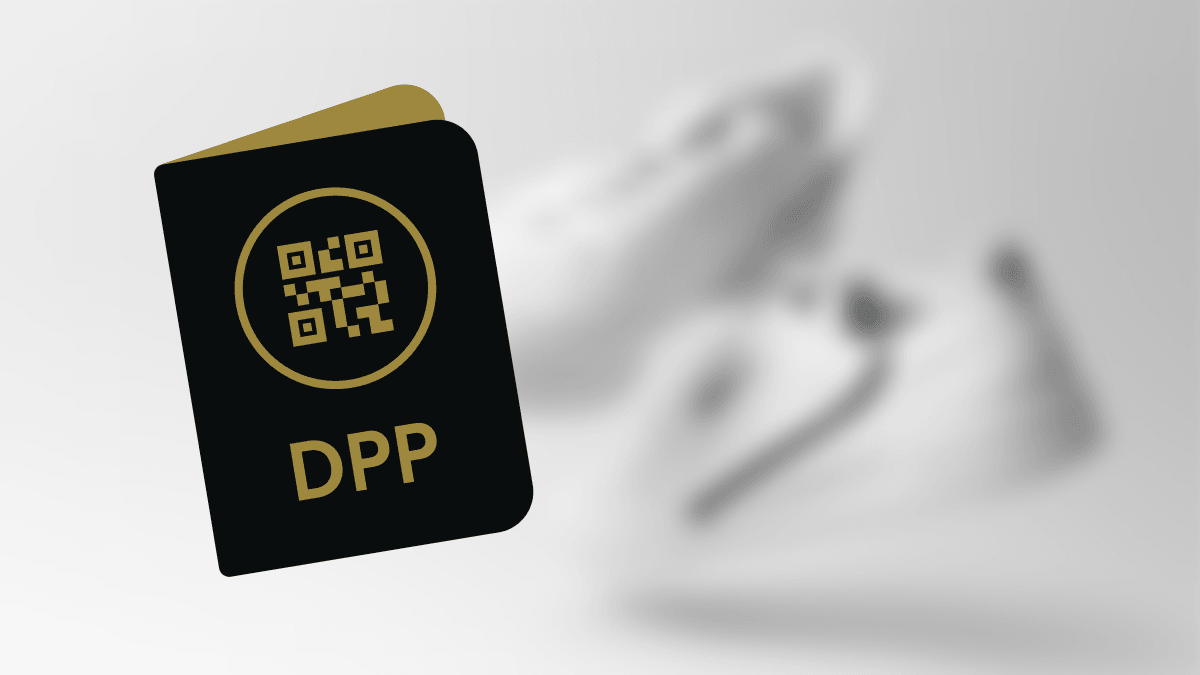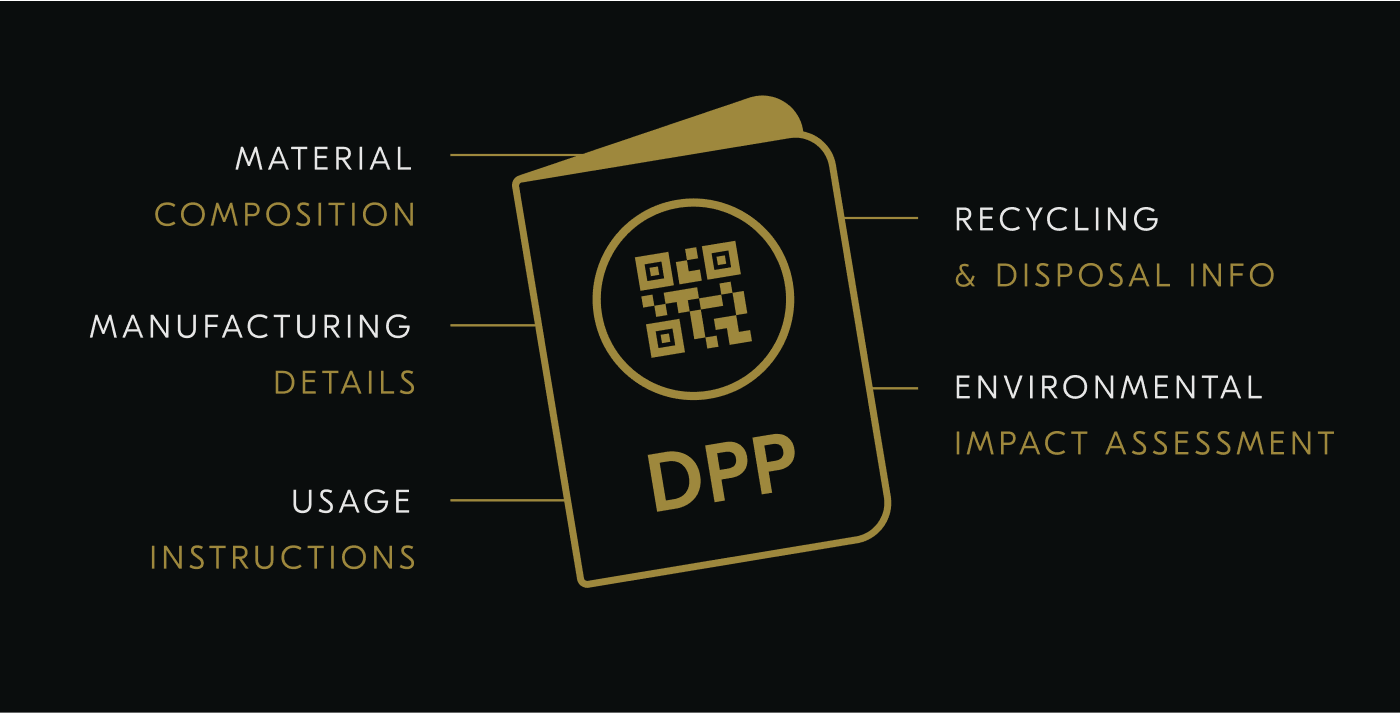
The digital product passport: transforming the future of sustainable commerce


In an era when sustainability and transparency are becoming non-negotiable pillars of consumer culture, the Digital Product Passport is poised to revolutionise the way we interact with products. Soon to be mandatory in the EU, here’s why DPPs should be on your radar.
The European Commission plans to make Digital Product Passports (DDP) mandatory from 2025, promising to bridge the information gap between manufacturers, consumers and recyclers. Some of the world’s biggest brands are already piloting the feature, which helps to promote sustainable practices and support the circular economy.
What’s a Digital Product Passport (DPP)?
A DPP is a comprehensive digital record that contains detailed information about a product throughout its lifecycle. It includes data on the product’s origin, materials, manufacturing processes, repair and recycling instructions, and environmental impact. This passport travels with the product from creation through to end-of-life. This information is accessible through digital platforms like QR codes, RFID tags or blockchain technology.

What information is in a DPP?
1. Material composition
Information about the raw materials used in the product, their sources, and any certifications or sustainability credentials
2. Manufacturing details
Data on where and how the product was manufactured, including labour practices, energy usage and carbon footprint.
3. Usage instructions
This includes guidelines on how to use, maintain, and repair the product to extend its lifespan.
4. Recycling and disposal information
Instructions for proper recycling or disposal, highlighting the recyclability of materials and potential for reuse.
5. Environmental impact assessment
An assessment of the product's overall environmental impact, including its carbon footprint and resource consumption.
The benefits of a Digital Product Passport
While the DPP will soon be obligatory in the European market (for some industries), there are many benefits to becoming an early adopter. From building trust and consumer loyalty to boosting innovation and production, the DPP can be a competitive advantage.

It builds trust and loyalty
Consumers are increasingly demanding transparency about the products they purchase. With a Digital Product Passport, consumers can make informed choices by accessing detailed information about a product’s lifecycle. This transparency builds trust and encourages brands to adopt more sustainable and ethical practices.
It supports the Circular Economy
The DPP is a cornerstone of the circular economy, a system aimed at minimising waste and making the most of resources. By providing clear information on how to repair, recycle or repurpose products, the DPP facilitates product longevity and material recovery—reducing the need for new resources and lowering environmental impact.
It enables regulatory compliance
Governments and regulatory bodies are tightening rules around product sustainability and environmental impact. A DPP helps companies comply with these regulations by providing a standardised way to report and track product information.
It can boost innovation
Access to detailed product data can spur innovation in both design and manufacturing. Companies can identify opportunities for improvement, such as using more sustainable materials or enhancing product durability, leading to the development of greener products and processes.
The risks of a Digital Product Passport
While the benefits are clear, implementing a DPP can come with challenges. Standardisation is crucial. Universal guidelines must be established on what information to include and how to present it. Ensuring data accuracy and preventing fraud are paramount. Blockchain technology and other secure digital platforms can play a significant role in addressing these concerns.
Why the world’s biggest brands are adopting DPPs
The fashion industry, one of the largest polluters, stands to gain significantly from Digital Product Passports. Brands like H&M and Adidas are piloting DPPs to inform customers about fabric origins, manufacturing processes, and recycling options. This not only helps reduce waste but also empowers consumers to make eco-friendly choices.
Several other industries are also exploring the potential of Digital Product Passports to enhance product traceability and sustainability. The European Union, for instance, has proposed a digital passport system as part of its Circular Economy Action Plan, aiming to make sustainable products the norm. Ready or not, it’s likely to have a big impact on ecommerce.
Conclusion
The Digital Product Passport isn’t just a trend—it’s a transformative tool that can support the demand for better sustainability and transparency. The DPP can help consumers make informed choices and support a circular economy by providing detailed insights into a product's lifecycle. It can also encourage brands to adopt greener practices.
As industries and governments collaborate to overcome implementation challenges, the Digital Product Passport will undoubtedly become a staple of sustainable commerce. Embracing the Digital Product Passport means embracing a future where every product tells its story—a story of sustainability, innovation and accountability.
Let’s step into that future, one informed choice at a time. Now is a good time for companies to prepare for this major change before the EU directive comes into play.
Share:
Related articles
See all

Exploring composable commerce at MACH Three New York

How to drive incremental revenue with less upfront investment
